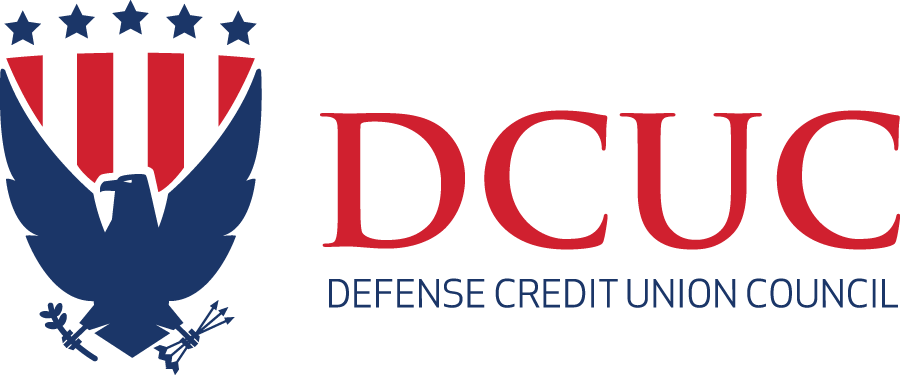We all value certain ideals, morals, and character traits in our everyday lives. We use them to confront problems, and as a guide as we aspire toward a higher standard of excellence. Consequently, businesses and institutions promote many of the same values to build trust, gain market share, and reassure constituents. This is a good thing. Our personal values need to align with those of our businesses and institutions for a great society to endure.
However, it is not enough to say we share these values. We need to consider each of them and address the unanswered questions and many more assumptions that they carry. For instance:
- What do they mean or imply?
- Are they too simple or unrealistic?
- Whose responsibility is it to teach and reinforce common values?
- How should they be taught and enforced?
- How do we reconcile differences in meanings and interpretations?
For instance, when we say we value “integrity,” what does that mean? A simplistic view is that we want people who will always tell the truth, no matter what. Yet, when we look at good character and the many virtues that compose the whole-person concept, integrity suddenly becomes increasingly complex. In other words, it is not enough to always tell the truth. After all, you can have rotten character and still tell the truth. So, which is a better interpretation?
Likewise, many people agree with the idea of “service over self.” In fact, we all started learning about service at an early age when we first learned to share. Later, it came in learning the value of teamwork, along with making personal sacrifices. However, there are (and should be) limits on service, else it becomes detrimental. We have all seen examples of abusive bosses who demand “service over self,” resulting in longer hours, poor compensation, and very little thanks. Is this something we should continue to value?
The point is, our espoused values should never lead to cynicism, especially when we witness hypocrisy in their implementation. Second, it is not enough to assume people know what we mean by certain words or ideas. We all come from different walks of life and have different experiences that are triggered when words are conveyed in value statements without context or example. Finally, over the years many of our traditional institutions have suffered a crisis of trust and we can no longer rely on someone else to teach what should be common values.
This is why leadership at all levels must engage in, communicate, and model proper behavior in line with the company values. There is no better time than now to examine these values and to teach proper applications. While it takes time and effort to have necessary discussions, to reconcile differences, and to reward proper behaviors, the results are worth it.
I saw this happen many times during my Air Force career. When I was a cadet through my first squadron command in Korea, I had many such conversations with my superiors. It did not stop there. I also saw newly minted NCOs teaching and reinforcing core values with their junior Airmen. As a group commander, I saw each of my squadron commanders engage with their flight commanders. Plus, I saw this as an executive officer and aide-de-camp for a 4-star general when we would visit an installation and speak to a group of new enlistees fresh out of technical school.
Credit unions share many of the same values and there are industry programs that reinforce our collective values. The CUDE program is a great one, and I am a huge fan of the crasher program. As we start over in 2021, I would like to encourage each of you to examine your and your credit union’s espoused values. Our common values are always being tested. So, encourage new members and your staff to ask questions, take measure, find where we all can fit in, and where we can teach others.
Here is to a better 2021 starting with a look at our common values!








